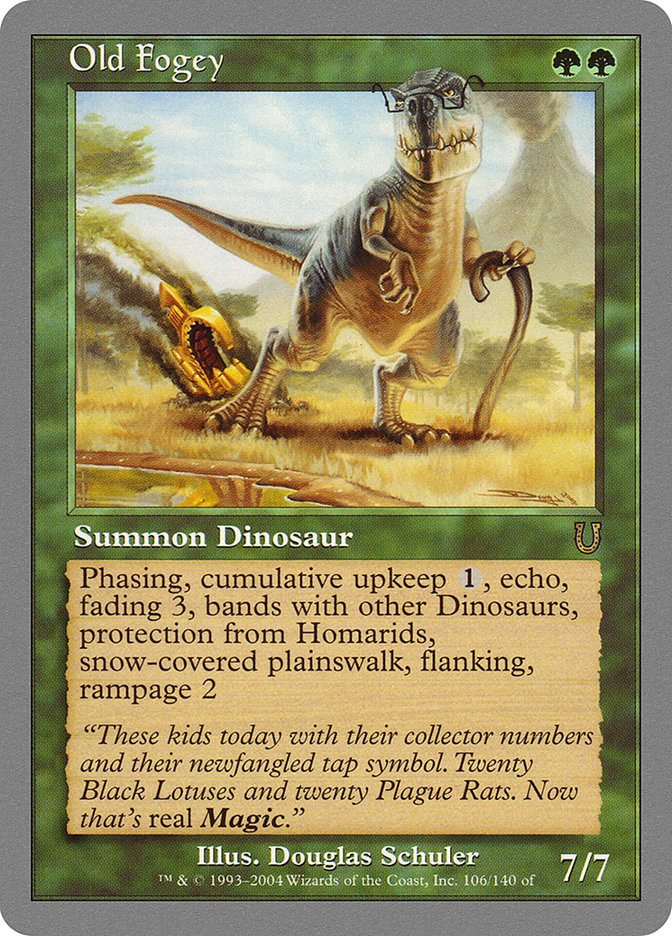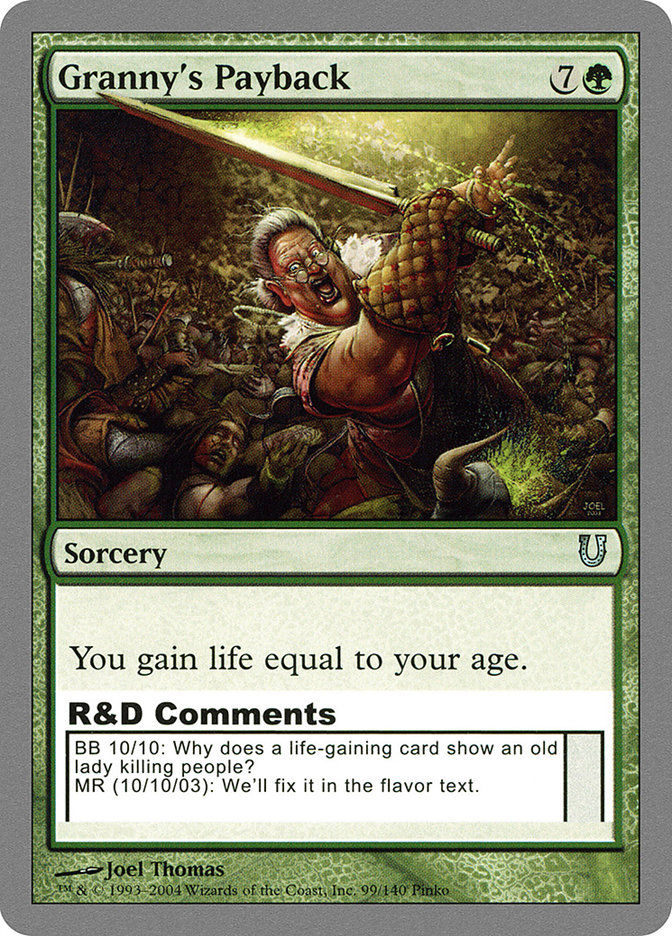Danny West: First off, congratulations.
Brad Nelson: On which one? You have to be more specific. In all seriousness, though, thank you. It’s been a pretty unbelievable couple of weeks.
West: What was the weekend like from your seat?
Nelson: It didn’t start off feeling like the fairytale it would end up being. I didn’t have high hopes going into the event given how poorly I did at Grand Prix Montreal a few weeks prior, even though I prepared extensively for Grand Prix Omaha.
Deck’s registered for #GPOmaha. Feel great about the preparation, but pessimistic about chances. Oh what a World we live in.
— Brad Nelson (@fffreakmtg) June 3, 2017
West: How long do the bad events stay with you?
Nelson: Not long at all. To compete for a living, you need to not invest your self-worth into the competitions themselves. As a content provider I have to create a dialog that sometimes can make things come off as if a bad event sticks with me for longer than it actually does, but that’s just due to trying to teach players the lessons I’ve had to live. I’ve learned over the years to salvage whatever I can from a bad event, whether it’s finding better ways to build sideboards, finding holes in the way I played, or even simply how to better respect metagame shifts.
Bad events would stick with me longer if there weren’t more events to play in the future, and that’s always where I’m looking: to the future.
West: Really good events usually go together well with really, really good decks.
Nelson: Well, Aetherworks Marvel isn’t the most consistent strategy. Luckily I was drawing well, and the list I worked on with Paul Dean was spectacular. Rarely does all your theory play out that way in practice, but that’s exactly what happened this past weekend. Ulvenwald Hydra, along with our sideboard plans, played out exactly as anticipated. I never felt threatened once as the tournament played out. They kept posting pairings, and I kept eliminating folks.
Creatures (8)
Planeswalkers (2)
Lands (23)
Spells (27)

West: What was the closest you came to dropping a match?
Nelson: Honestly, I never really felt like I got close to losing a match.
West: That’s incredible.
Nelson: Obviously I played my fair share of Game 3s, but I found myself on the play in almost all of them. If I had to answer, I would say in Round 7 when I played Michael Rekow. Game 1 showcased the variance in the mirror match where I was on the play with a turn 4 Aetherworks Marvel but could only muster a Rogue Refiner off it. Mike on the other hand found the Eldrazi, and with it went Game 1.
West: That’s why we play the games.
Nelson: Yeah. I struck back in a long Game 2, but felt very disadvantaged going into Game 3 after seeing his configuration off my first Ulamog, the Ceaseless Hunger trigger. He had multiple Torrential Gearhulks and a higher density of “go long” effects in the mirror. Luckily for me, he didn’t get off the ground in the early-game, which let me capitalize through card advantage. He might have lost the match, but he did gain my respect, as we both used matching “Giant Head” Energy tokens designed by rk post that can be found here.
West: Were you nervous against certain decks more so than others? What’s the matchup psychology in an event where you’re beating everyone?
Nelson: After I got my feet wet, I quickly realized Paul Dean and I had the best deck in the room. Everyone did what we thought they would, which was not play Zombies, and instead they played decks like B/G Delirium, Jeskai Vehicles, and Temur Energy to attack Aetherworks Marvel. We came prepared, meaning the only person I was scared of was Paul himself.
The psychology of winning can be much more complex than one would believe. Winning often creates both internal and external pressures to continue winning. It used to affect me when I was wet behind the ears, but this old and jaded version of myself is no longer fazed by that mumbo-jumbo.
I don’t let kids on my lawn either.
West: Kids on a lawn has never been a good idea.
Nelson: When I was 13-0, many people expected me to go for the illustrious accomplishment, the perfect record. 18-0 does sound great in theory, but like I said, this old dog ain’t about new tricks. I’ll take my wins any way I can get them at this point, and I know myself well enough to not put added pressures on my performance. Not only that, but I also strongly believe in decision fatigue. There’s just no reason to exert more mental energy on matches that won’t end up mattering. You should always know the path to victory, but only concern yourself with the next match.
West: You’ve talked a lot about the support of your family. When did they become aware of your goals? How much do they know about what you do?
Nelson: About as early as I did. I played Magic for four years before I ever had aspirations of grandeur. A few friends talked me into playing a Regional Qualifier for Nationals. There I lost my win-and-in to Cedric Phillips, but gained the “itch.” I started taking Magic more seriously and began playing in local PTQs. It wasn’t until the middle of 2010 where I abandoned my previous life and went all-in on Magic.
I’ve always been close to my family, so they were well aware of my life decisions and goals. The conversations revolved more around me asking for their advice and less about asking for their permission. In the end, the consensus was that, even if I fell on my face, I would have traveled the world, learned about other unique cultures, and cultivated many friendships along the journey.
West: That’s pretty invaluable. Do they know much about it outside of you?
Nelson: My family knows very little about how the game itself is played but plenty about everything else. For example, my father and uncle both knew my position for Player of the Year going into 2010 Worlds better than I did. They had a spreadsheet of everyone who could catch me in the race, and what finishes I would need to eliminate certain players who could theoretically catch me.
My Grandmother Delilia has been there for every second, watching along on Twitch for as long as Magic’s done live coverage. She even follows along with the chat, and we both agree that too many people in it should have their mouths washed out with soap.
West: (laughing) She’s right.
Nelson: Corbin Hosler wrote an amazing piece about my family back at Pro Tour Amonkhet if anyone is interested in learning more.
West: On the subject of support, it’s great to see Team Genesis doing so well.
Nelson: I couldn’t be more proud of my Genesis boys. I didn’t know what to expect when we created the team, but I don’t think any of us would have expected this. We are currently second in the race for Team Worlds, but we also have cultivated an environment that is welcoming to all members. We have all become good friends and find ourselves hanging out together even when the work is completed. I attribute that to finding a group of players who are both respectful and respected.
West: What’s after this?
Nelson: Well the last thing I want to do after a Magic trip is go on another one, but as you know that’s never the case. I’ll have to show up at SCG Charlotte to defend my title, and I may even find myself in Vegas in an attempt to catch Reid Duke in the race for the Captaincy for the World Magic Cup.
West: There’s always another mountain to climb. Or tap, I guess.
Nelson: I’m actually less concerned about what’s next than letting what’s happened sink in. In the past month I’ve seen Team Genesis catapult into second place in the team standings, my brother lock Gold on the Pro Tour, and me almost certainly qualify for Worlds for the third year in a row. In all honesty, the back-to-back wins pale in comparison to these accomplishments.
West: Save some for the rest of us.
Nelson: Come and get it.



